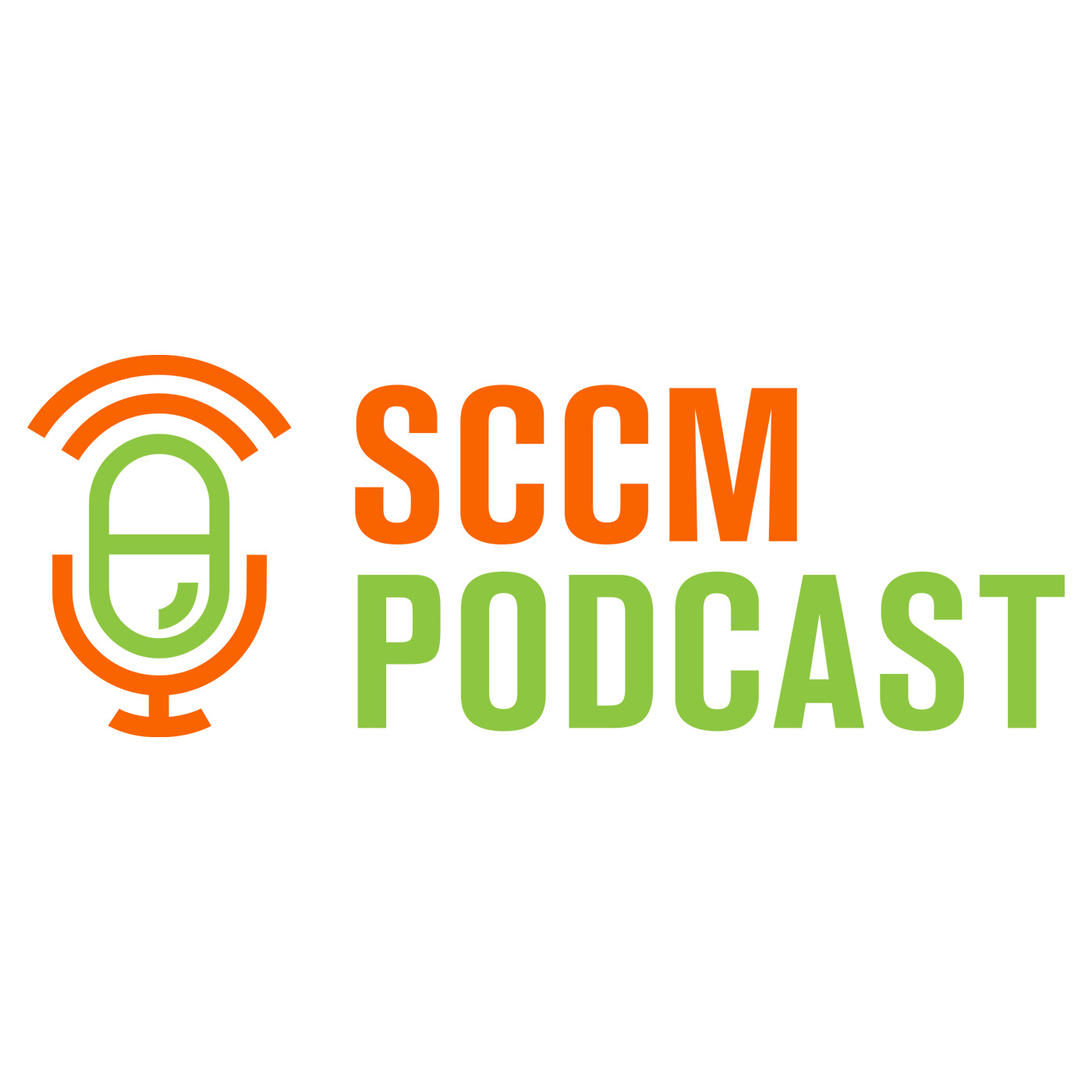
SCCM Pod-542: Strengthening Confidence and Collaboration Through Fundamentals Training

SCCM Podcast
Deep Dive
- Lack of basic critical care education for GME trainees prompted program initiation.
- Program initially designed as a primer for surgical ICU residents.
- Expanded over 10 years to include various medical disciplines and healthcare professionals.
- Dr. Hamill's passion for critical care education and the program's positive global impact highlighted.
Shownotes Transcript
Mark E. Hamill, MD, FCCM, a trauma surgeon, intensivist, and past chair of the Society of Critical Care Medicine’s (SCCM) Fundamental Critical Care Support (FCCS) Committee, discusses the evolution, impact, and future of training of critical care.
In this SCCM podcast, Dr. Hamill reflects on his decade-long journey with FCCS, beginning with local implementation at his former institution to eventually leading national and international Fundamentals efforts. He shares powerful stories from training initiatives in Rwanda, Palestine, and war-time Ukraine—highlighting the program’s global reach and ability to empower frontline clinicians.
Central to the discussion is Dr. Hamill’s published study, “Impact of Standardized Multidisciplinary Critical Care Training on Confidence with Critical Illness and Attitudes Towards Interprofessional Education and Multidisciplinary Care” (Hamill ME, et al. J Intensive Care Med. 2024;39:320-327). The study analyzed survey data from 328 multidisciplinary learners and demonstrated significant increases in participants’ self-assessed confidence across key critical care domains—including sepsis, respiratory failure, shock, and neurologic illness—after completing FCCS. The findings support what many instructors have long observed anecdotally: FCCS builds competence, fosters interprofessional collaboration, and enhances learners’ readiness to respond to critically ill patients.
Dr. Hamill also explains the study’s methodology, including retrospective precourse analysis and a three-month follow-up, and shares insights about future research plans involving simulation-based evaluation to assess knowledge retention and behavior change.
Whether you are considering hosting a Fundamentals course, becoming an instructor, or expanding your training programs, this podcast episode offers compelling evidence of FCCS’s lasting value in skills acquisition and elevating the culture of care.